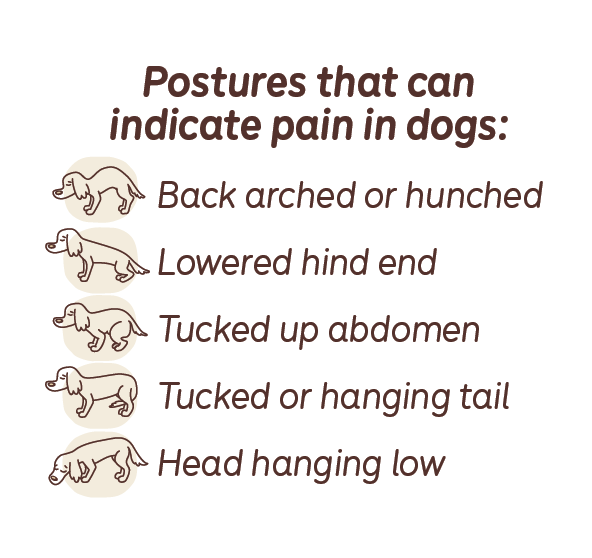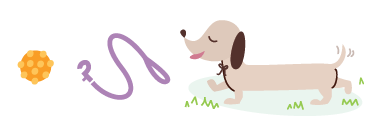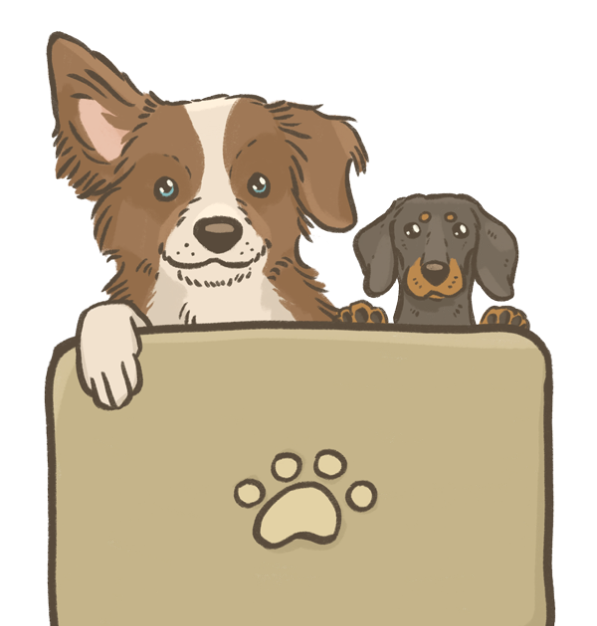The Whole Dog Approach

The impact that a raw diet can have in your pet
Through my work as a dog behaviourist, my TV show Pooches at Play, as well as completing a Certificate in both Pet Food Nutrition and Raw Dog Food, I have spent the past six years diving deep into the world of pet nutrition and have been both dismayed and delighted at what is going on when it comes to promoting a holistic approach to caring for our dogs.
Dismayed at the marketing hype, myths and misunderstandings around what most people are feeding their dogs. And, delighted at the growth we are seeing in fresh, primordial, raw diets, as more people question how their dog’s diet could be impacting on their overall health and wellbeing.
This led me to write my first book Eat, Play, Love (your dog) as a way to try to educate pet parents - dog owners in particular - about the critical role diet plays in many areas of their dog’s life that they may not have thought about before.
This includes training and behaviour problems, joint and muscle issues, brain development and health, as well as some of the most common diseases and ailments that dogs suffer from, such as stomach and skin sensitivities and even anxiety, which can go full circle and take us right back to the training and behaviour issues.
A complete and balanced fresh raw diet that contains lean meats, nutrient dense organ meat, low GI carbs, beneficial fruits and vegetables and healthy fats, with natural vitamins and minerals will promote good all-round health, while highly processed foods, high carb (read sugar) foods with synthetic vitamins and minerals is likely to lead to stress, inflammation and disease in a dog’s body – much the same as ourselves!
So, when it comes to our dog’s health and wellbeing, we really do need to take a whole dog approach and consider the many areas of a dog’s life that impacts on this and how a raw and healthy diet can help or hinder it.
Training & Behaviour
.png)
I think the easiest way to describe how a highly processed diet can impact on the behaviour of our dogs is to consider what behaviour you might expect from a young child that is primarily fed a diet of highly processed take away meals, lollies, chips and other high sugar, high carb foods that contain very little to no natural vitamins, minerals and other nutrients that they need for their bones, bodies and brains to function and grow optimally.
One of the first questions I ask in my dog behaviour assessments for clients struggling with training and behaviour issues, is what diet their dog is on, particularly when treating anxiety and aggression issues. While there are many reasons for problem dog behaviour, diet can also play a major role.
According to Dr Edward Bassingthwaighte, The Healing Vet, in a study he did with 63 dogs, he found 53% of them were living with silent pain that their owners had completely missed.

Consider how a dog might be acting if they are having stomach and digestion issues, their bodies or joints are hurting, or they lack the nutrients required to maintain a healthy brain and body. Pain, inflammation, hormones and stress chemicals/imbalances are all influenced by food, so that’s why a fresh, complete and balanced raw food diet is something I recommend my clients transition their dogs across to as part of the behaviour modification process.
Exercise

Exercise and a good diet feed off each other (excuse the pun!). To promote good health and behaviour in our dogs, they need daily exercise – at least 30 minutes for most dogs and far more for active and working dog breeds. Sadly though, too many dogs do not receive the adequate physical activity they need, let alone a simple daily walk so their brains and bodies can be enriched outside of the home. Owners then wonder why their dog is behaving badly digging up the garden, barking, chewing and displaying other destructive or anxiety related behaviours.
On the flip side, for a dog to be able to run and move freely of pain, have endurance and keep active, they need to be in good health – of which diet plays a key role. So, when taking a whole dog approach, we need to recognise that both diet and daily exercise go hand in hand to keep our dogs happy and healthy.
Mental Wellbeing

One of the other big culprits of dogs behaving badly is the fact that they are just plain bored and lacking the mental stimulation they need each day. We know that in the wild dogs would spend their days foraging for food, their noses would be stuck to the ground, their bodies chasing the scent of prey and their brain analysing and assessing all of that information coming through their olfactory senses (a fancy name for their sense of smell).
They would be tired, but fulfilled, with a full belly once they had captured their prey and likely to spend the rest of their day or night in peaceful slumber. No need to dig, bark, chew up their environment or be filled with worry – which sadly far too many of our dogs suffer from simply because their brains lack stimulation and possibly also nutrients if their diet is lacking.
Again, that daily exercise routine forms a critical part of keeping your dog’s brain active, as does extra puzzles, interactive toys and games that work on their cognitive skills and abilities. You can incorporate healthy treats such as the Big Dog Little Bites into these, or even play a simple game of Hide ‘n’ seek with them in the yard, so you are not only working your dog’s brain but adding some nutrients as well.
Or you can use the Big Dog raw food patties and other healthy, raw ingredients on things like Lickimats that stimulate their senses and help relieve anxiety. You can sprinkle on some probiotics for an extra boost of goodness that will help their gut and overall physical and mental wellbeing.
Environment

Just like many people suffer from allergies or disease caused by toxic chemicals in the environment, outdoors and at home, and chronic stress from city living, our dogs are suffering from this as well. While the topic of environmental pollutants and stress-causing lifestyles is an article in its own right, in short, food can once again play a major role in how your dog can fight back against exposures to both chemicals and stress and by changing their environment to a healthier, less stressful one will positively influence their health. The more nutrients, like in raw food diets, more they can fight the nasties.
Where to next?
According to Dr Karen Shaw Becker and Rodney Habib in The Forever Dog, swapping out just 10% of your dog’s daily processed food (kibble and treats) with fresher alternatives will create positive changes in your dog’s body, so if nothing else, you could replace your current treats with the Big Dog Freeze-dried Little Bites or use them as meal toppers, while also using the Big Dog probiotic supplement to help boost their immune system, so they can better deal with the pollutants and stress.
If you would like to go further, then I would suggest transitioning across to a Big Dog Raw Food diet and ditch the kibble or canned wet foods. I always recommend talking to a holistic vet or Vet Behaviourist who has a special interest in food if you are unsure as to how your dog may go on a new diet, particularly if they do have any current health issues.
Unfortunately, there are still too many traditional vets that are still swayed by the rhetoric imparted by the big commercial brands, often sold through their veterinary clinic, and buy in to the antiquated view on raw dog food which has been debunked time and time again.
There are many great articles and TV interviews on Poochesatplay.com with a range of Vets and Pet Nutritionists who take a holistic approach to a dog’s health and behaviour to help provide insight and address any concerns about raw feeding.
About the Author
.png)
As a one of Australia’s most well-known animal welfare advocates, Lara Shannon is passionate about educating and empowering people to help improve the lives of companion animals. A certified dog trainer & behaviourist, and pet food nutritionist, Lara is the Executive Producer and Host of Channel 10's Pooches at Play, is featured in The Pet Rescuers on Channel 9 (Series 1) and Author of ‘World of Dogs’ (October 2021) and ‘Eat Play Love (Your Dog)’ (June 2020), published by Hardie Grant Books.
Lara is regularly featured in the media and can be seen on stage at many events throughout the year with her cheeky rescue ‘Dynamite Darcy’ by her side. Vindi, her most recent rescue dog, is blossoming in his role of canine co-host of Pooches at Play alongside little Darcy.
For more information visit larashannon.com
